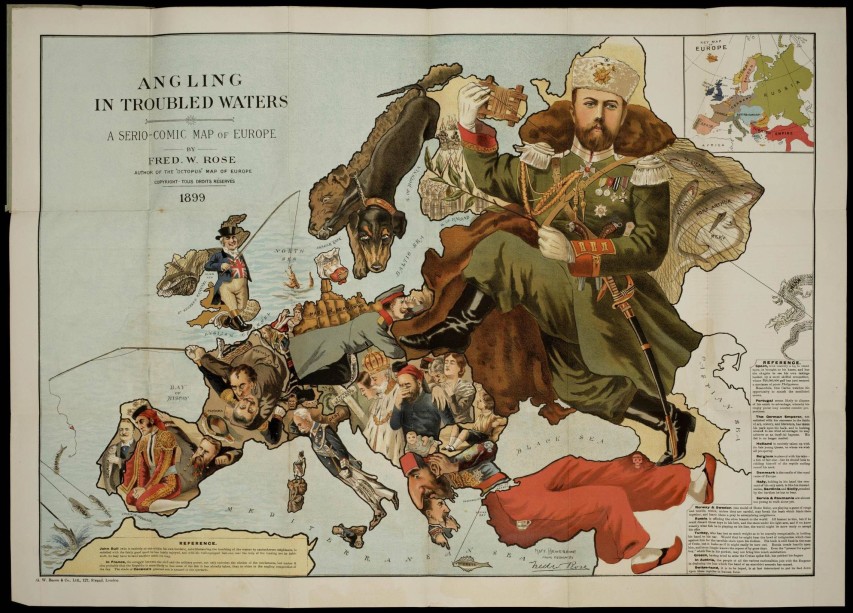At Strategy Page, Austin Bay talks about the unexpected modern-day relevance of distant historical events:
President Barack Obama didn’t intend to make the Battle of Yarmuk (636 A.D.) a 2015 news item.
However, his bizarrely incomplete sketch of the Crusades, delivered last week at a national prayer breakfast, did just that.
The president’s media defenders contend he intended to make a justifiable point: Throughout history, people have corrupted religious faith to self-serving, murderous ends.
That, however, is an oft-repeated truth — something everyone already knows.
But our president, while repeating something we already know, equated medieval Christian crusaders with 21st-century Islamic State terrorists. See, man? They both committed atrocities.
Obama started solid, dubbing the Islamic State “a vicious death cult.” Yes, sir. IS burns alive Jordanian Muslim pilots. But “Lest we get on our high horse and think this is unique to some other place, remember that during the Crusades and the Inquisition,” Obama said, his solemn, deploring tone reminiscent of a preacher instructing benighted fools in the pews, “people committed terrible deeds in the name of Christ.”
Obama then added that Christianity was used to justify slavery and segregation. While verifiably true, if you indict cross-burning Southern bigots, Mr. President, why neglect to mention that the 18th- and 19th-century worldwide anti-slavery movement was driven by Gospel-guided Christian abolitionists?
Christian abolitionists condemned slavery as evil and waged relentless political war on the slave trade. This inspired activism had policy effects and poetic drama (for example, the hymn “Amazing Grace”). Royal Navy anti-slaving patrols had global punch. The Jack Tars couldn’t shut down every Persian Gulf Islamic slave market, but they certainly deterred slavers operating in the Atlantic.
If only for the sake of fairness, Obama should have mentioned this Christian-led liberation instead of going knee-jerk and playing his worn-out leftist academic multiculturalist racism guilt-trip card.
I briefly considered putting up a poll for the readers that went something like this:
- Who was President of the United States at the time of the First Crusade? (Washington, Madison, Lincoln, FDR)
- Which American forces participated in the First Crusade? (US Army, US Navy, US Marine Corps, US Air Force)
Trick question, as everyone knows it must have been George W. Bush, right? Right?
Trick question, as the USAF wasn’t a separate service until after World War II.




